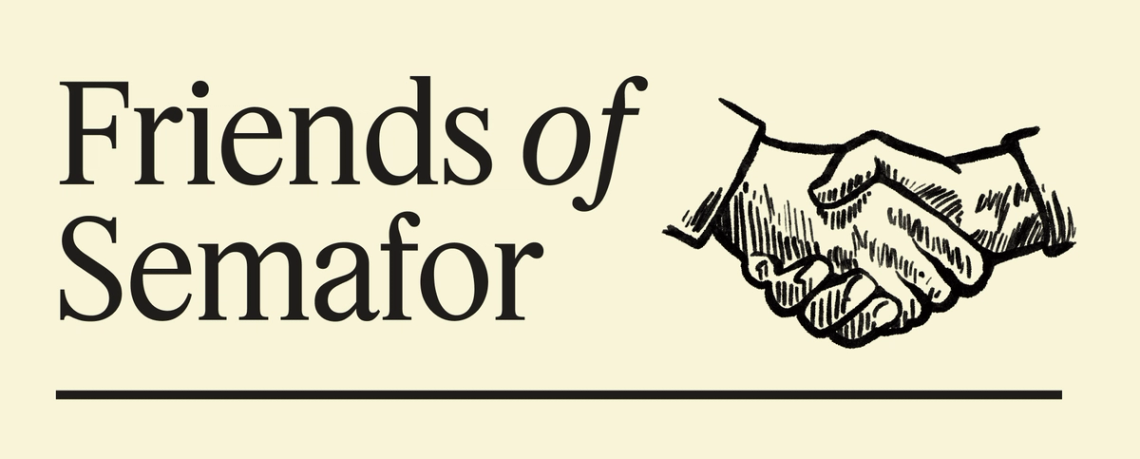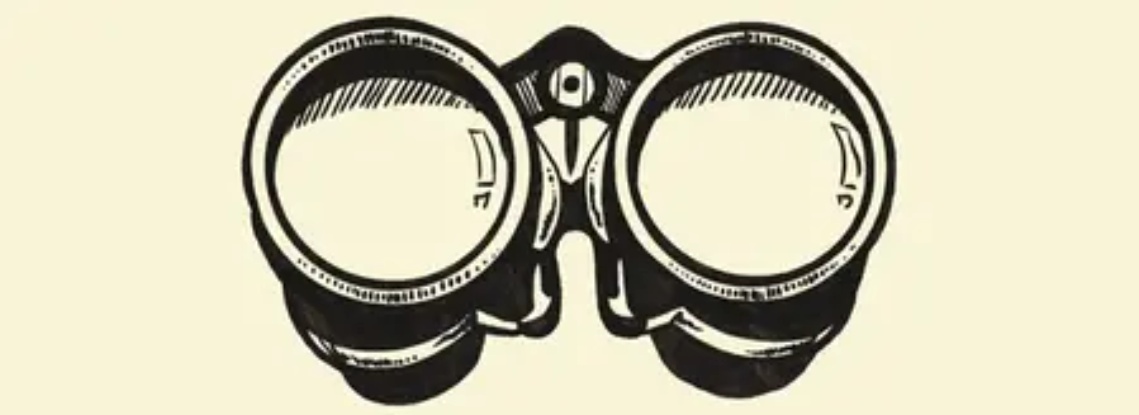David Sacks and Evan Own are co-founders of Glue, a new generative AI-powered work chat app to compete with Slack. Q: You are describing Glue as a better version of Slack, but what if Slack decides to copy you? Sacks: From a data architecture standpoint, it would be very hard because one of the reasons why this works so magically is because there are no channels. They could copy us but they’d have to completely revamp their app. Owen: As soon as you become an enterprise company, your ability to innovate grinds to a halt just because your customers aren’t going to be okay with massive changes. As soon as you make changes as broad as what we’re doing, it’s a different product. I have connections inside Slack. Their product org is not taking this direction. You really need a new entrant who is rethinking how things are done. Sacks: It would be smart for them to copy certain things. For example, letting the AI automatically give every thread a name and then allow you to @ mention the name. That would be something that’s discreet and maybe they could copy that. But here’s the problem: Let’s say it gets @ mentioned somewhere else and in some other channel, if people click that, they won’t be able to access the thread because they’re not in that channel. So again, the channels really get in the way. Unless they want to make really, really deep changes, it’s going to be hard. Q: Are there network effects here, where the more information you put into Glue, the better the AI will get? Owen: Definitely. We see your communication as your living knowledge base. It’s the information that’s the most up to date, the most relevant. People are very lazy about moving things into official documents, but it’s all in your communication tool. As models get faster and more affordable, we could actually preemptively look at the questions that are being asked and suggest to somebody: “Hey, it looks like you’re asking this question that four other people ask when they’re onboarding. Here’s the answer.” Or, maybe you should add this person to this thread, because they’re an expert in this iOS problem you’re trying to debug. You can save so much time by having all that information together and being able to use it right when it’s needed.  Glue GlueQ: Would this be as compelling if it weren’t for the AI component? Sacks: Even before AI came along, people had channel fatigue from Slack and that there has to be a better way. People really just need threads instead of channels. But then ChatGPT comes along and it literally does that. I don’t think they really thought about what their chat model was going to be, they just did what felt natural. And that was basically to create these topic-based threads with AI and there’s no channels. You can kind of see in our inbox model, it looks a lot like ChatGPT because it’s a similar type of paradigm. So there would have been a reason to upgrade from chat before, but I think AI takes it to another level. Our discovery in doing this was that the topic-based threads model isn’t only better for AI conversations, it’s better for human conversations as well. Owen: The reason that you need to have a contextual thread for AI is because it’s very sensitive to noise. If you have a lot of other information, it’s really hard for the AI to figure out what is relevant to the questions being asked. And honestly, people have the same problem. And sure, we can fight through it and figure it out. Or you could just make it easy and have a thread that’s on one topic. We actually started working on this before ChatGPT really took off. We really believe that that is the best way to communicate at work. Q: David, you’re now a big media figure, a political figure. What made you want to roll up your sleeves and do this again? Sacks: I’ve always had a passion for this product and I feel like there were things we just never had the chance to do at Yammer before we sold the company to Microsoft. Evan and I had that in common because he had worked on a previous chat company as well, Zinc, which he sold to ServiceMax. I feel like we both had kind of unfinished business People forget that I was a product guy before becoming a podcaster, whatever you want to call me. Superstar? (laughs). I was the head of product at PayPal. I’ve always had an interest in this. Then AI came along and took it to another level. It creates a disruption in the market that’s big enough that you can come along with a new paradigm in chat and maybe disrupt the status quo. If you were just coming along and your advantage was just usability, I think that's hard but AI is just shaking things up in a big enough way that you can see a new chat app emerging out of this.
Sacks’ view on whether starting Glue will be tougher than launching PayPal. → |
| 







